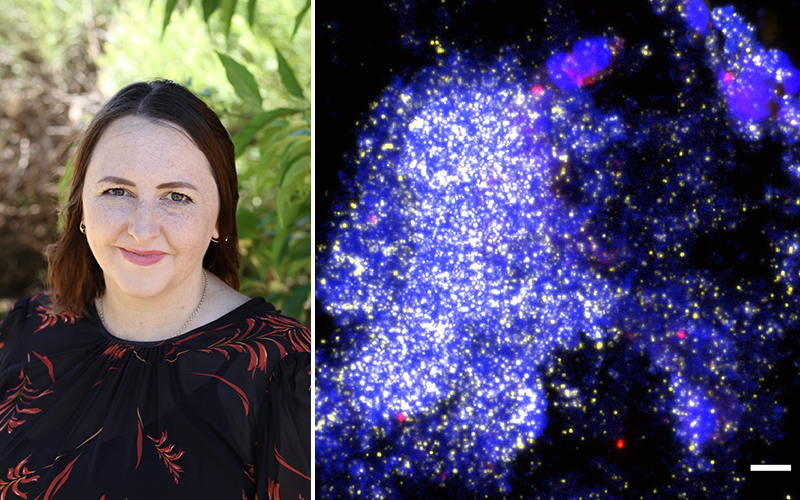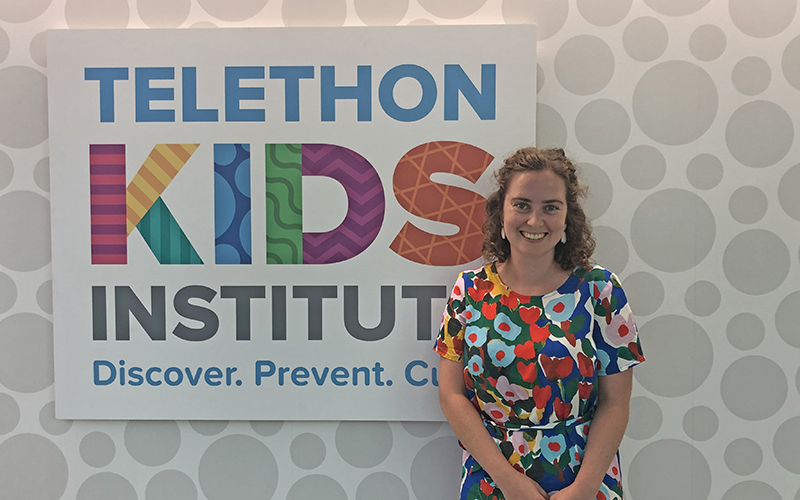Search

News & Events
RSV prevention finally in reach after 20 years of research at The Kids Research Institute AustraliaWorld-first immunisations providing protection against deadly respiratory syncytial virus (RSV) could be just months away thanks to global research efforts spanning multiple decades.

News & Events
The Kids Ear Health researcher named finalist in Australia’s top science prizesPaediatric audiologist Associate Professor Chris Brennan-Jones has been announced as a finalist for the country’s leading national science awards – the Australian Museum Eureka Prizes.

News & Events
The Kids Research Institute Australia research teams supported by WA Near-Miss AwardsSeven important The Kids Research Institute Australia research projects have received support from the Future Health Research and Innovation Fund through the WA Near-Miss Awards (WANMA).

News & Events
Top honour for infectious diseases researchCongratulations to Associate Professor Asha Bowen, who has been awarded the 2022 Frank Fenner Award for Advanced Research in Infectious Diseases.

News & Events
Free vaccines for pregnant mums see monumental rise in protection for WA babiesNew collaborative research involving almost 600,000 pregnant mothers has demonstrated a dramatic increase in uptake of the whooping cough (pertussis) vaccine after identifying just 22 per cent of WA women had the maternal vaccination between 2012 – 2017.

News & Events
Pneumococcal vaccine sees hospital admissions for deadly pneumonia slashed by halfThousands of children born in Papua New Guinea (PNG) no longer face a future cut short by severe pneumonia, thanks to the introduction of pneumococcal vaccination as part of the country’s National Immunisation Program.

News & Events
Prestigious fellowship to help end the cycle of painful ear infectionsA The Kids Research Institute Australia ear health researcher has received a prestigious national fellowship to support her search for new therapies to improve the lives of kids who suffer repeat middle ear infections.

News & Events
Bacterial slime causing persistent wet coughs for childrenResearchers using powerful microscopes have identified bacterial slime in the lungs of some children with persistent wet coughs.

News & Events
Time for WA’s ‘wait awhiles’ to get vaccinatedResearchers leading a study into COVID-19 vaccine hesitancy say a sub-group of people they’ve dubbed the ‘wait awhiles’

News & Events
Clinical trial to examine whether “mixing” COVID-19 vaccine boosters is more effectiveTop infectious disease experts in Australia will lead a clinical trial to determine whether combining different Covid-19 vaccines in the nation’s booster immunisation will increase effectiveness.
